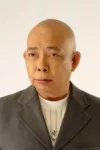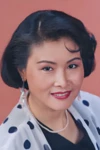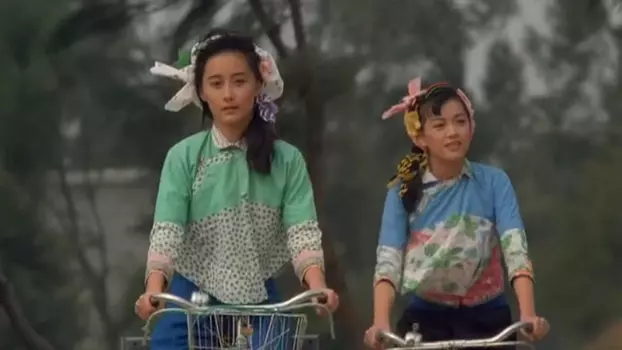The Twin Bracelets (1991)
June 5, 1991Release Date
Plot.
Where to Watch.
Cast & Crew.

Winnie Lau Siu-Wai
Hsiu

Vivian Chen
Hui-hua

Roger Kwok Chun-On
Kuang

Michael Tao Tai-Yu
Hui-hua's Brother

Wong Yat-Fei
Singing Man

Lily Lai-Lai Liu

Max Ho

Chow Tin-Dak

Mak Yan-Wa

Chan Wan-Yue

Carrie Choi

Lo Ta-Yu
Original Music Composer

Suk-Wah Leung
Writer

Fabio Carli
Original Music Composer

Cheung Kwok-Kuen
Editor

Chang Hon-Kong
Makeup Artist

Chan Man Fai
Makeup Artist

Lee Kwok-Gwong
Costume Design / Art Direction

Chan Bing-Yim
Costume Design

Bob Thompson
Director of Photography

Lau Tin-Chi
Producer

Leung Suk-Wah
Writer

Huang Yu-Shan
Director

Anita Mui Yim-Fong
Songs
Media.

Details.
This Movie Is About.
Wiki.
Twin Bracelets is a film produced in 1990 by Cosmopolitan Film Productions Co., a Hong Kong-based company that forms part of the film production conglomerate run by the Shaw brothers who are the owners of the Shaw Brothers Studio. S.L.Wei notes that "Twin Bracelets was shown at international film festivals." It has "won the 1992 San Francisco Gay and Lesbian Film Festival Award for Best Feature." John Charles called Twin Bracelets "(a) somber, engrossing drama" that is "marred only by the inevitability of its narrative." The film has been labeled a ‘lesbian’ film, but also a ‘feminist’ film. Some critics have also focused on what they took to be its ethnological aspects. Such aspects do indeed form the background of Zhaohuan Lu's short story ‘The Twin Bracelets’ (1986) which served as the basis of the film script written by the film director, Huang Yu-shan. Huang Yushan who initially worked for Central Motion Picture Company (CMPC) and for the Shaw Bros. is a director who has made a choice in favor of independent film. In her life and work she is attached to feminism. According to Bérénice Reynaud, she is "one of the rare women to work in the Taiwanese film industry." Prof Lai has called Huang Yu-shan "Taiwan's major feminist director." S.L. Wei sees Huang as "an important voice in Taiwanese women's cinema. The fact that her film Twin Bracelets received relatively much attention "enabled Huang to have in-depth discussions with American independent filmmakers and feminist directors. From then on she began to push consciously forward [with] films about women."

